In 2004, McGrady applied for a deal. Which teams had guaranteed the price at that time? The Rockets stood out
10:45am, 2 June 2025Basketball
In the offseason in 2000, the Magic introduced Hill and McGrady at the same time. Because the former missed the entire 2000-2001 season due to injury, McGrady got more opportunities to show himself. Under his leadership, the Magic successfully entered the playoffs, and he even scored averaging 33.8 points per game in the playoffs. Immediately after the second year, Hill was still reimbursed due to injury, and after the Magic made it into the playoffs again, McGrady continued to perform well at an average of 30.8 points per game.
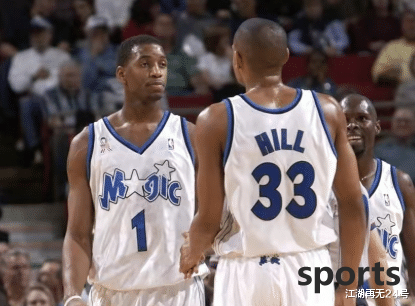
However, what is unexpected is that in the 2002-2003 season, Hill still could not stay healthy. After he was reimbursed again in the season, the Magic still had to rely on McGrady to support the team. In the 2003 playoff Magic was reversed by the Pistons while leading 3-1. McGrady averaged 31.7 points in the entire series, and Gud, the best performer, averaged 14 points per game. The successive losses made McGrady increasingly disappointed with Hill and this team.
And in the 2003 offseason, Hill told the team early this time that he would miss the 2003-2004 season again. Some media even revealed that he might not be able to return to the team even in the 2004-2005 season. You should know that Magic signed a 7-year contract with Hill, which did not expire until 2007. Therefore, Hill's continuous injuries made McGrady and Magic feel very collapsed. Both of them feel that they are constantly wasting time. The Magic made the first change in the future. They gave up the selection of the rookie Okafor in the draft and chose the top scorer of high school students, Horford, who took talent and potential as the selling point. This was obviously about to start reconstruction. After seeing the team's future plan clearly, McGrady naturally had the idea of leaving the team, so he later applied for a trade. Before that, McGrady had become one of the best players in the league. In 2002 and 2003, he was selected for the first team in the first team in a row. Among them, he averaged 32.1 points, 6.5 rebounds, 5.5 assists and 1.7 steals per game in the 2002-2003 season. In addition to being selected for the first team in the best team, he was also elected as the regular season scoring leader.
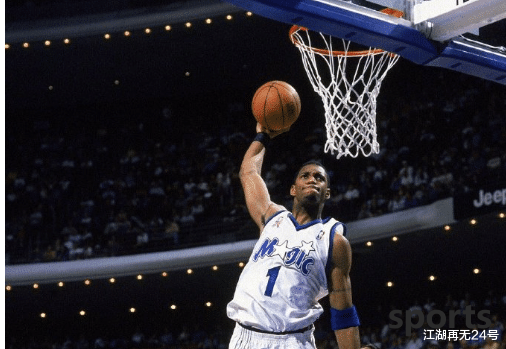
Therefore, after McGrady officially applied for the transaction, the Magic undoubtedly received quotes from multiple teams about McGrady. Then we will take a look at what chips they are willing to give for McGrady!
Pacers: Artest, Jonathan Bend, Harrington, Tinsley
After McGrady submitted a deal application, the Magic quickly started negotiations. They wanted to satisfy McGrady while also getting rid of Juwan Howard's junk contract, and they also asked the other party to provide at least an All-Star player. There are not many teams willing to trade with the Magic in this case of a big Lions opening, but the Pacers are one of the few teams.
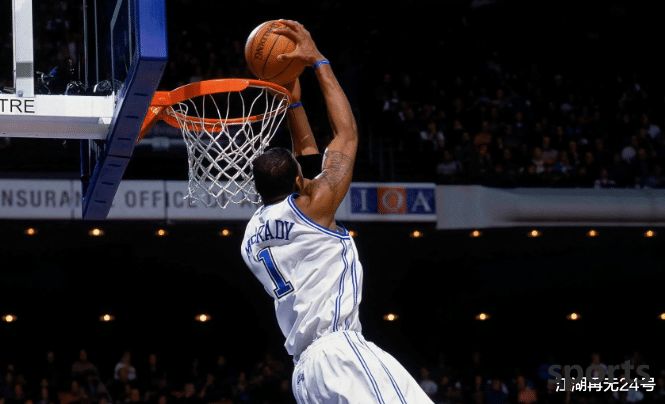
In order to get McGrady, the Pacers are willing to provide Artest and Harrington with two All-Star players, but they also have their own selfishness, that is, the team also put Jonathan Bend, a player who averaged only 7 points per game but had the third highest salary in the team. However, in the negotiations with Magic, the Pacers did not show a strong desire to reach a deal, so after both sides found that the other party was unwilling to give in, the deal was completely unsuccessful.
Trail Blazers: Myers, Dell Davis, draft picks
The Trail Blazers gave the Magic the offer was 12.6 points and 4.6 rebounds per game in 2000, and Dalius Miles, who averaged 4 points and 5 rebounds per game. They were also willing to give some draft picks in this deal, because the Trail Blazers hoped to trade McGrady to form a new internal and external partner with Zach Randolph. The latter was the inside core of the Trail Blazers at that time, and he could score 20.1 points and 10.5 rebounds per game, so if he could join forces with McGrady, the team's strength might be able to improve several levels immediately. However, the Trail Blazers' bargaining chips were obviously still unable to impress the Magic, so they were quickly rejected. The Trail Blazers chose to renew Miles with a contract of 48 million for 6 years, and then traded Dell and Davis to the Warriors.
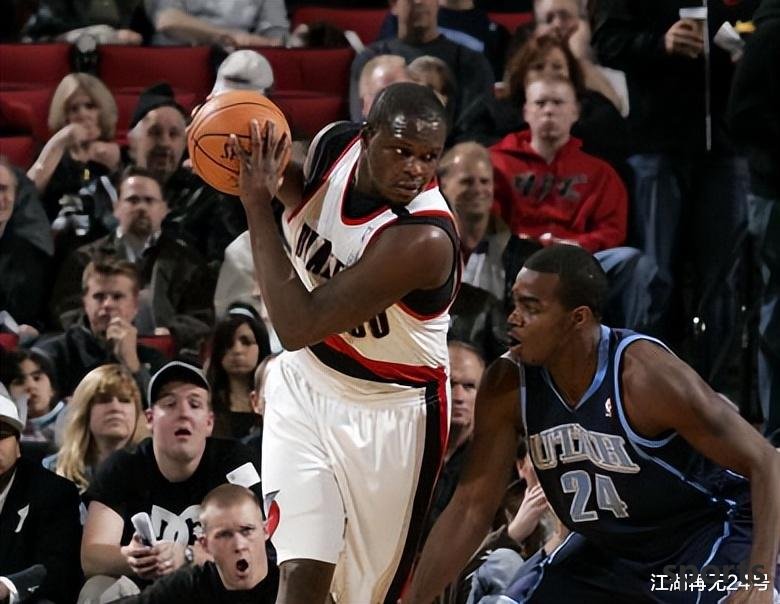
Bulls: Crawford, Jerome Williams
The Magic at that time ranked last in the league with 21 wins, while the Bulls ranked second to last in the league with 23 wins, so their two teams can also be said to be brothers and brothers. In the Bulls' lineup at that time, they could not give the price enough to satisfy the Magic. Even if the team was willing to give Crawford, who averaged 17 points per game, the combined transaction value of him and Jerome Williams was difficult to compare with the peak McGrady, so it was reasonable for the Magic to reject the Bulls in the end.
Mavericks: Nahura, Flores, and 2 first-round picks
The chips provided by the Mavericks can be said to be completely inconsistent with the Magic's expectations. Nahura, Flores and the All-Star level are not matched, so the most valuable of these chips are the two first rounds. However, even so, the Magic still looked down on the Mavericks' offer, and in desperation, the Mavericks could only find other teams to make deals. Later, they exchanged for Danpier, who claimed to be the top center in the league. However, although the latter obviously overestimated his strength, he still provided some positive effects after joining the Mavericks. In 2006, he also helped the Mavericks reach the finals.
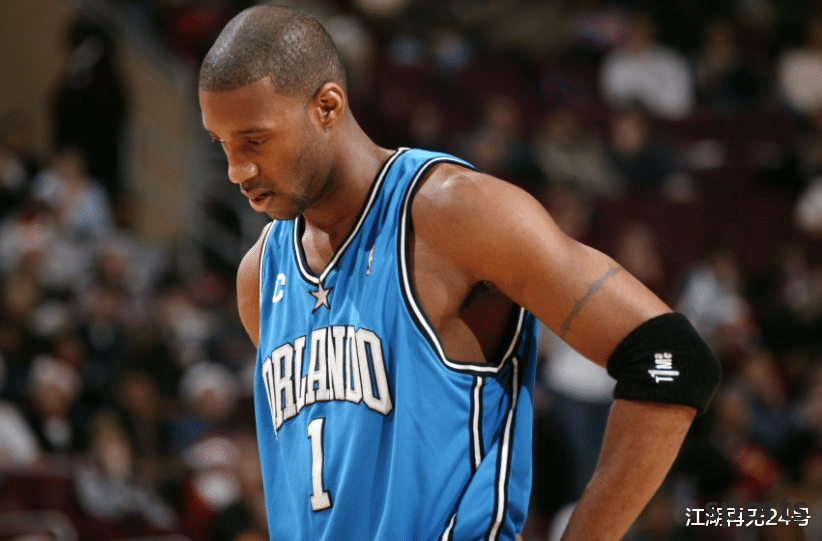
Hawks: Jason Terry, Henderson, 1 first round
After the Hawks learned that McGrady was put on the trading shelves, they decisively chose to break up their Trident core lineup. For this reason, they were willing to send away Jason Terry, who averaged 16.8 points per game, and they also packed Henderson and 1 first round. After being rejected by the Magic, the Hawks still used these chips to initiate trade negotiations with the Mavericks, and in the end they exchanged for Anton Niu Walker and Tony Delk. Now looking at this deal, the Mavericks made a lot of money. Seven years later, Jason Terry became one of the best players in the team in the playoffs except Nowitzki. In the end, he also helped the team win the first championship in the team with an average of 17.5 points per game.
Rockets: Francis, Mobley, and Cato
Finally, they were the Rockets who successfully reached a deal with the Magic. They sent away Francis, who averaged 16.6 points and 6.2 assists per game, Mobley, who averaged 15.8 points and 4.5 rebounds per game, and Kato, who averaged 6.1 points and 6.8 rebounds per game. Moreover, the Rockets not only provide All-Star players, but also meet the Magic's other unreasonable requirement, which is to take over Zhu Wan Howard's junk contract, which was the third highest salary in the Rockets until 2007, which seriously affected the team's signings at that time.
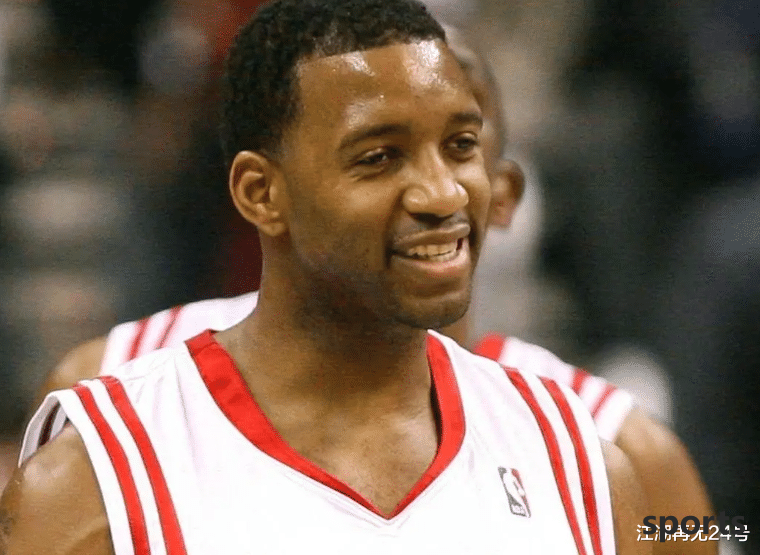
Last:Halliburton thought he had won the MVP, but the host called Siakam, which was a little embarrassed
Related Posts
- China News Weekly: The NBA is Wang Junjie s goal, and we are now trying to win the main force of the University of San Francisco
- There are 105 million left! American Ji suggests to use Holiday, the Clippers build a defensive lineup to help Harden compete for the championship
- The new season s big test! The competition dialogue between the Dallas bench!
- The Clippers forward star has to continue working hard if he wants to hold the two-way contract in his hand
- In 2022, the Lakers and Westbrook were ridiculed when they played away against the Kings. The big screen at the scene called him "the toughest in the game."
- The eighth pick in the CBA s local scoring champion is selected, and it is expected to stage an NBA Chinese derby next season!
- The Warriors create the Black Seven Miracle! NBA history only 7 times, and only the Lake Yongshu completed after the first round was changed to BO7.
- Team-up reporter: The Lakers may lose Reeves in vain. If he doesn’t trade in the new season, is he dereliction of duty?
- The most controversial rookie of this year! Bailey is willing to be the Jazz leader. Zhu Meng advises him not to cause trouble for the team
